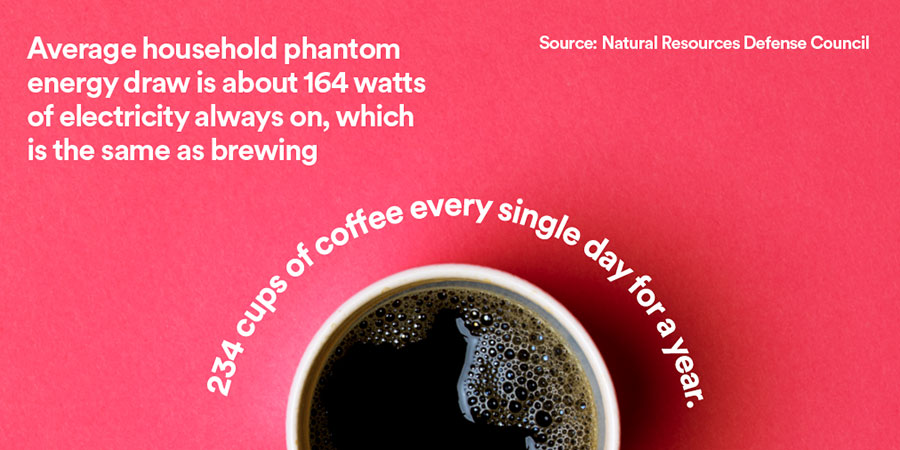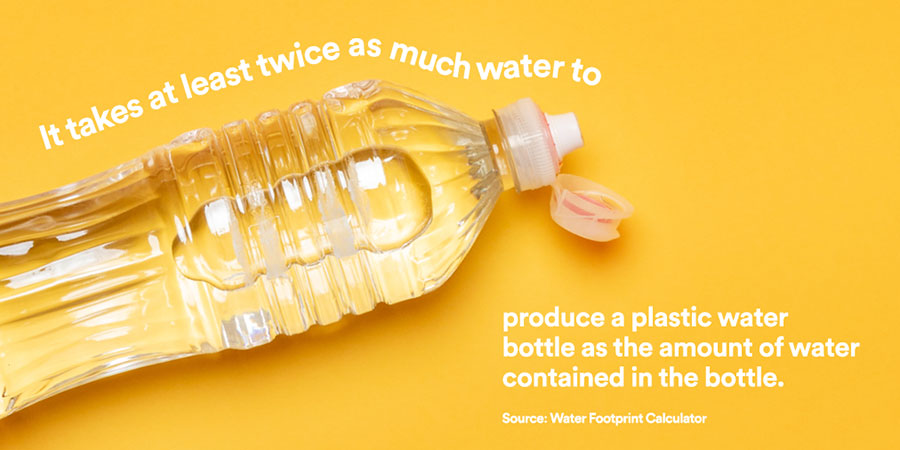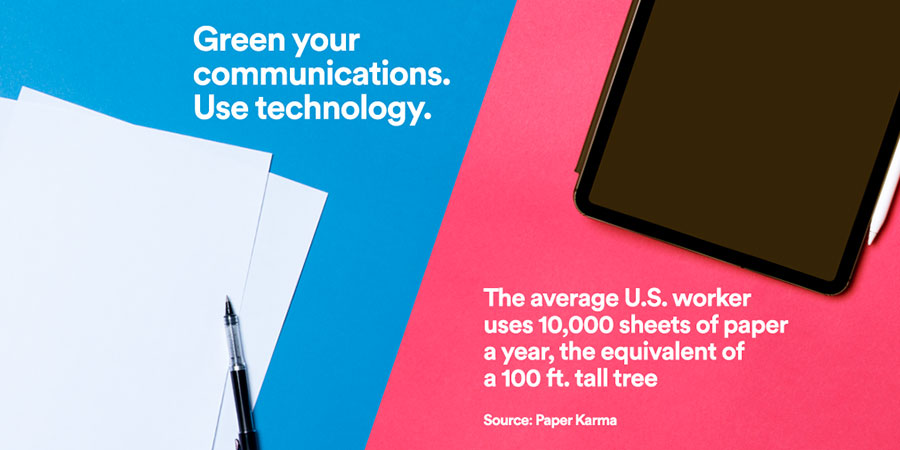Future
New Habits for a Greener Workplace
Green habits at work can make a bigger impact than you might think. Adopting more efficient and sustainable practices can actually increase your productivity, improve your health, reduce costs around the office and, of course — help protect the environment.
Here are four ways you and your coworkers can green your routine at work every day.
1. Help conserve energy
It’s unusual to leave all of your lights or appliances on at home when no one is there, so take the same approach at work.
- Turn off the lights when you leave your office or any shared meeting spaces.
- Use power-saving settings on your computer to minimize electricity use — especially when you’re away from your desk.
- Completely shut down and unplug your computer, monitor and laptop at the end of the day. “Standby” settings and electronics plugged into outlets will still use power, even if they’re not in use — often referred to as “Phantom Energy Draw”. If you connect all your desk electronics to a power strip with an on/off button, you can easily turn everything off with the switch of a button.

2. Recycle, reduce & reuse
Remember these three R’s as you navigate your daily work routine. Here’s how:
- Brew your morning coffee at home and bring it with you to work in a travel mug. Many office coffee machines use individual plastic cups that can be difficult to recycle.
- Use a reusable water bottle. These are much better for the environment, and can keep your water colder for longer. Bringing in reusable lunch containers, silverware and plates can also help reduce plastic waste in the office.
- Use recycling bins when disposing of paper, plastic, glass or metals. Sorting recyclables helps ensure that items don’t end up in landfills.
- When purchasing office supplies, choose eco-friendly brands, and buy in bulk to reduce shipping and packaging waste.

3. You’ve heard it before, but go paperless
There are so many alternatives to paper today. Take a closer look at your processes and see where it’s possible to digitize them.
- It may sound obvious, but instead of storing papers in physical filing cabinets, move your files to online folders — these take up less physical space, can be easier to share with team members and more secure.
- How do you receive your paycheck? Check with HR to see if you can set up direct deposit, which not only reduces paper use, but can also reach your bank account faster. You can usually request a digital pay stub as well, to track your income.
- If you must use paper, be more mindful about it. Printing double-sided with black and white cartridge settings is one way to be more efficient. Also, use any misprints as notepaper.
- Only purchase recycled printer paper or envelopes with certifications by the Sustainable Forestry Initiative (SFI) or Forest Stewardship Council (FSC).

4. Green your commute
Twenty-seven percent of U.S. greenhouse gas (GHG) emissions come from transportation – a major contributor to global warming and poor air and water quality. Here are ways you can make your daily commute greener.
- Carpool with a colleague or family member, or opt for public transit. This choice is better for the environment, and gives you the opportunity to read or socialize, decreasing stress from driving every day.
- If you must drive, think about getting an electric or hybrid vehicle — they run cleaner and are much more fuel efficient.
- If your commute allows, biking or walking to work may be a great option for you. With an active commute, you can also improve your cardiovascular and mental health.
- Take advantage of your company’s work from home or flexible work policies. You won’t have to travel to and from the office, and you can still easily collaborate with colleagues by using video chat, instant messaging or other teleconferencing tools.
A few smart changes in your daily work routine can make a big impact. Share these tips with a colleague and help your workplace become greener today.
In 2016, MetLife became the first U.S.-based insurer to achieve carbon neutrality. We’re committed to improving the environment today to ensure a healthy planet for generations to come. Through carbon-reduction programs, energy-efficiency initiatives, water and waste reduction strategies, recycling and reuse efforts and more, we have made significant reductions to our operational impact. Learn more.